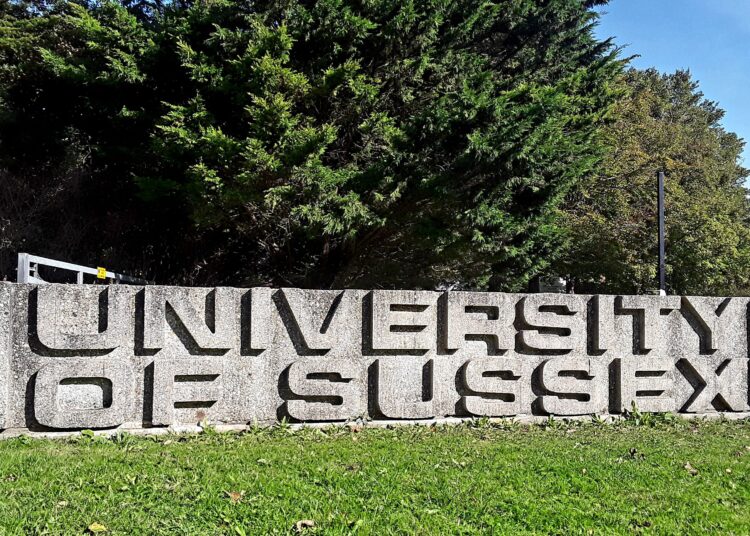Sussex University is looking to lay off about 300 staff as it tries to save £44 million after a big drop in international students.
University bosses told staff at a meeting yesterday (Monday 25 November) that they had started a voluntary redundancy scheme for academics and professional services staff.
Vice-chancellor Sasha Roseneil said that it was necessary to make hard decisions because of years of underfunding, including static tuition fees, combined with fewer international students and rising costs.
Professor Roseneil said: “We have done everything we can to make savings over the past year. We have significantly reduced non-pay expenditure and made cuts to our planned programme of investment in our estate and infrastructure.
“Unfortunately, it is now necessary to reduce our costs further in the interests of the long-term financial sustainability of the university.
“We are, therefore, opening a voluntary leavers scheme, to give people the opportunity to leave the university voluntarily with a good leavers’ package.”
On average, universities are claiming that they make a loss of about £3,500 on every British undergraduate – and domestic students are subsidised by those from overseas who usually pay much higher fees.
Tuition fees for British students are capped at £9,250 and have not gone up since 2017 even though inflation has pushed up costs in that time.
To add to the problems at Sussex, the number of international students has fallen by about 40 per cent this year, leaving a significant dent in the university’s income.
Times Higher Education quoted Tom Cowin, the vice-president of the University and College Union (UCU) branch at Sussex, as saying that the priority for the union now was “to ensure that Sussex does not move to a situation where it is making compulsory redundancies”.
Mr Cowin said: “We are scrutinising the university’s financial claims, working to safeguard workloads for staff who remain and have increased our casework support to members at this incredibly difficult and disappointing time.
“We urgently need to undo the disastrous marketisation of the sector under the coalition and Conservative governments and call on the Labour government to conduct root and branch reform of the sector’s funding before this crisis damages UK higher education beyond repair.”
Sussex is far from alone among universities in making cuts. According to the UCU branch at Queen Mary University of London, it is at least the 80th in the past few years.








